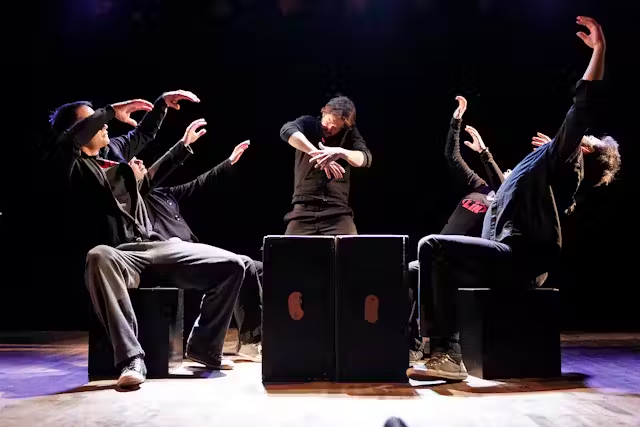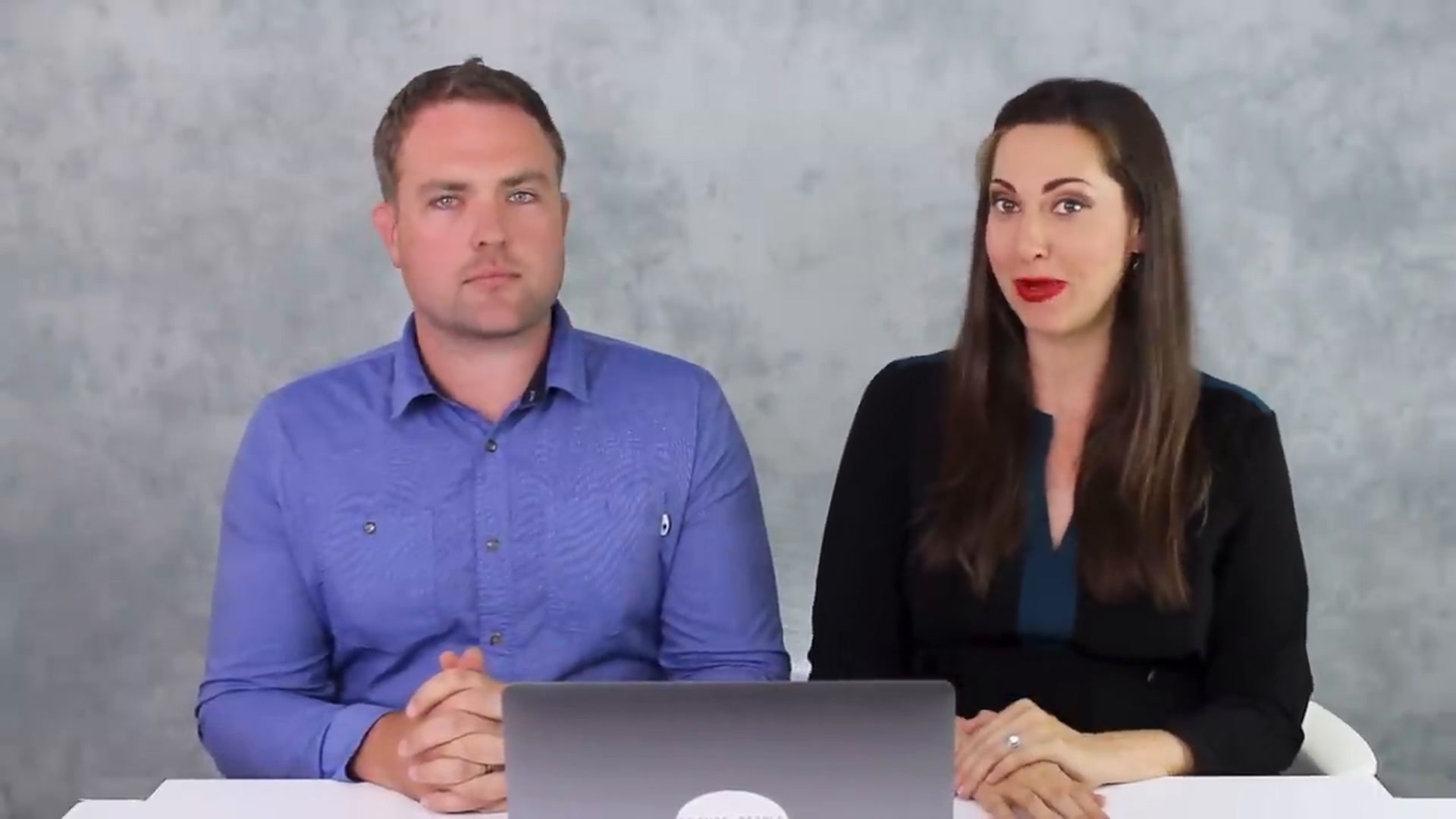Improvisation comedy, or “improv,” is more than just spontaneous jokes—it’s a powerful tool for boosting self-confidence, adaptability, and social presence. Practiced in group settings, improv encourages individuals to think on their feet, say “yes, and,” and trust their instincts. Because there are no scripts or wrong answers, participants learn to silence their inner critic and embrace the moment. This practice has been adopted by top business schools and therapy groups to strengthen interpersonal skills and confidence under pressure.
Improv helps rewire how we respond to mistakes. By normalizing failure and reframing it as playful experimentation, participants become less fearful of public speaking and rejection. Studies from the University of Michigan and Stanford have shown that regular improv participation improves resilience, listening, and assertiveness—all key traits of confident individuals. It’s especially helpful for those struggling with anxiety in social or professional situations.
Whether on stage or in a workshop, improv creates a supportive environment where voices are heard and instincts are trusted. It nurtures quick thinking, emotional agility, and a sense of presence—all without the need for perfection. For anyone seeking a creative, low-stakes way to build confidence, a local improv class might be the unexpected solution.





